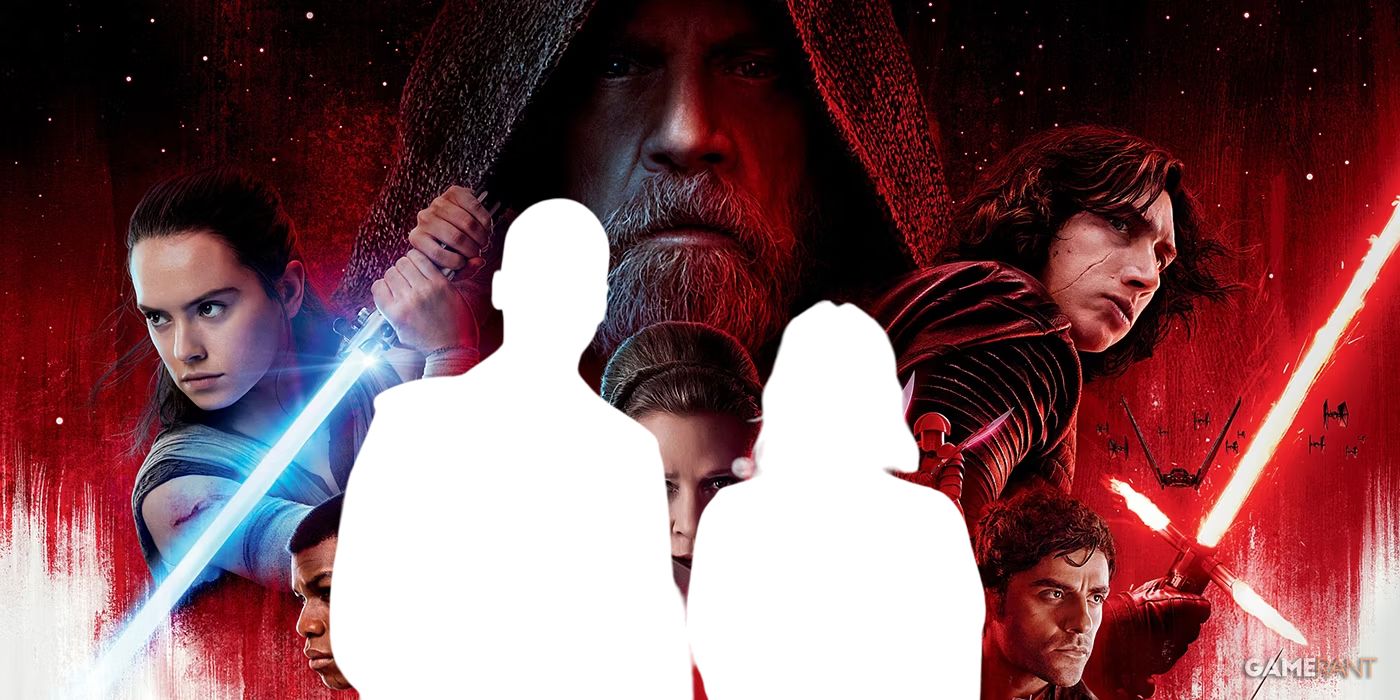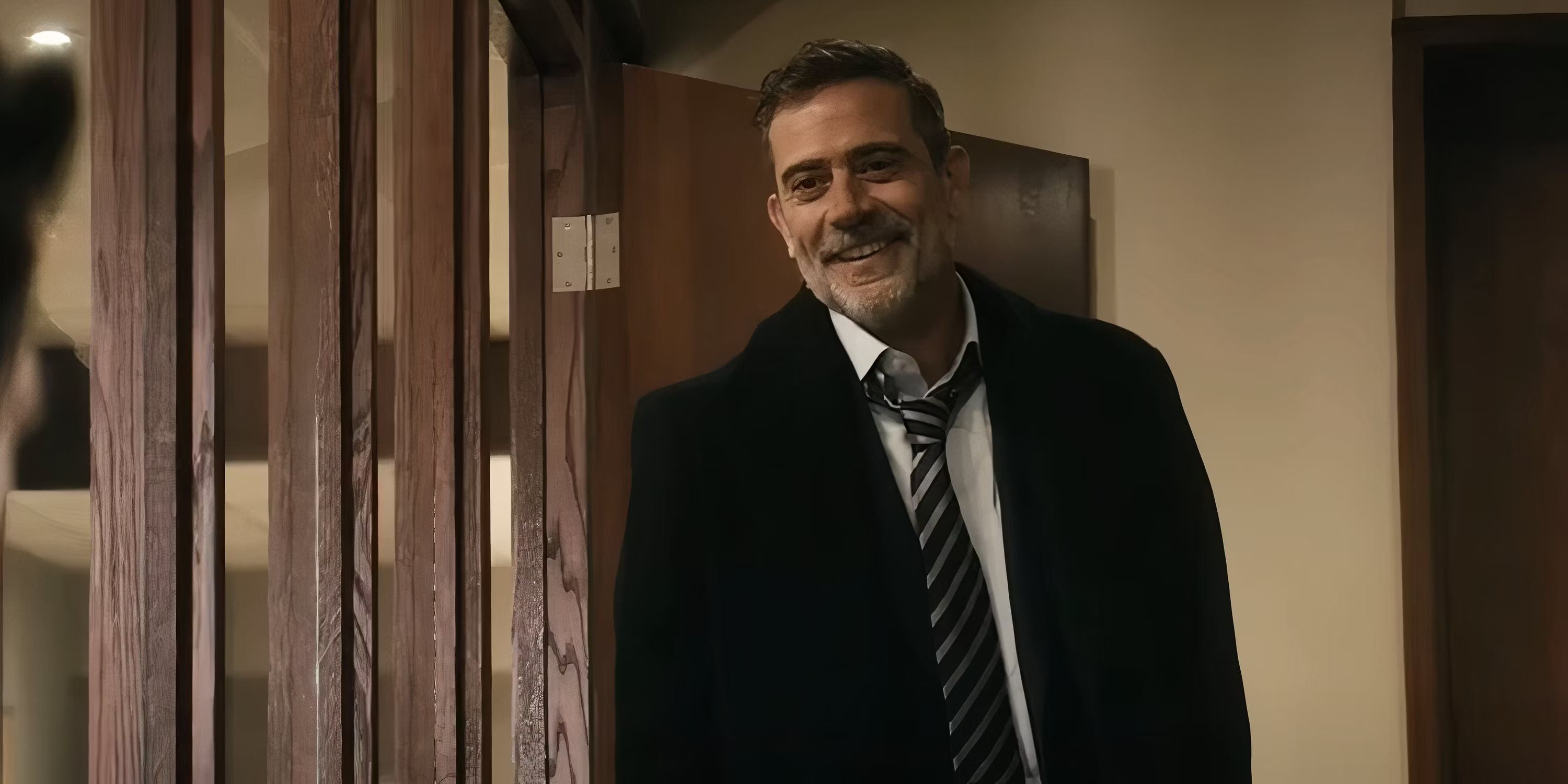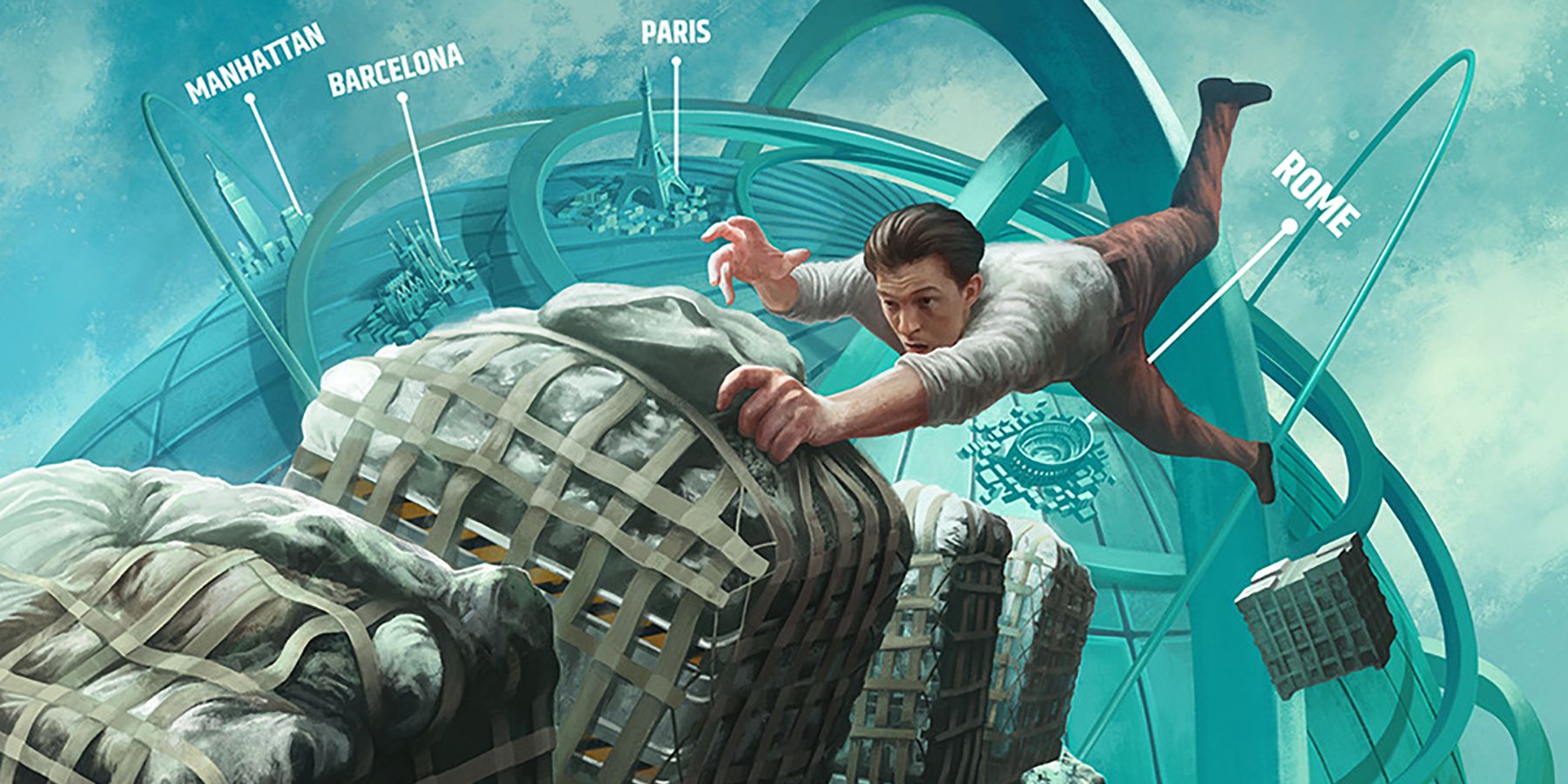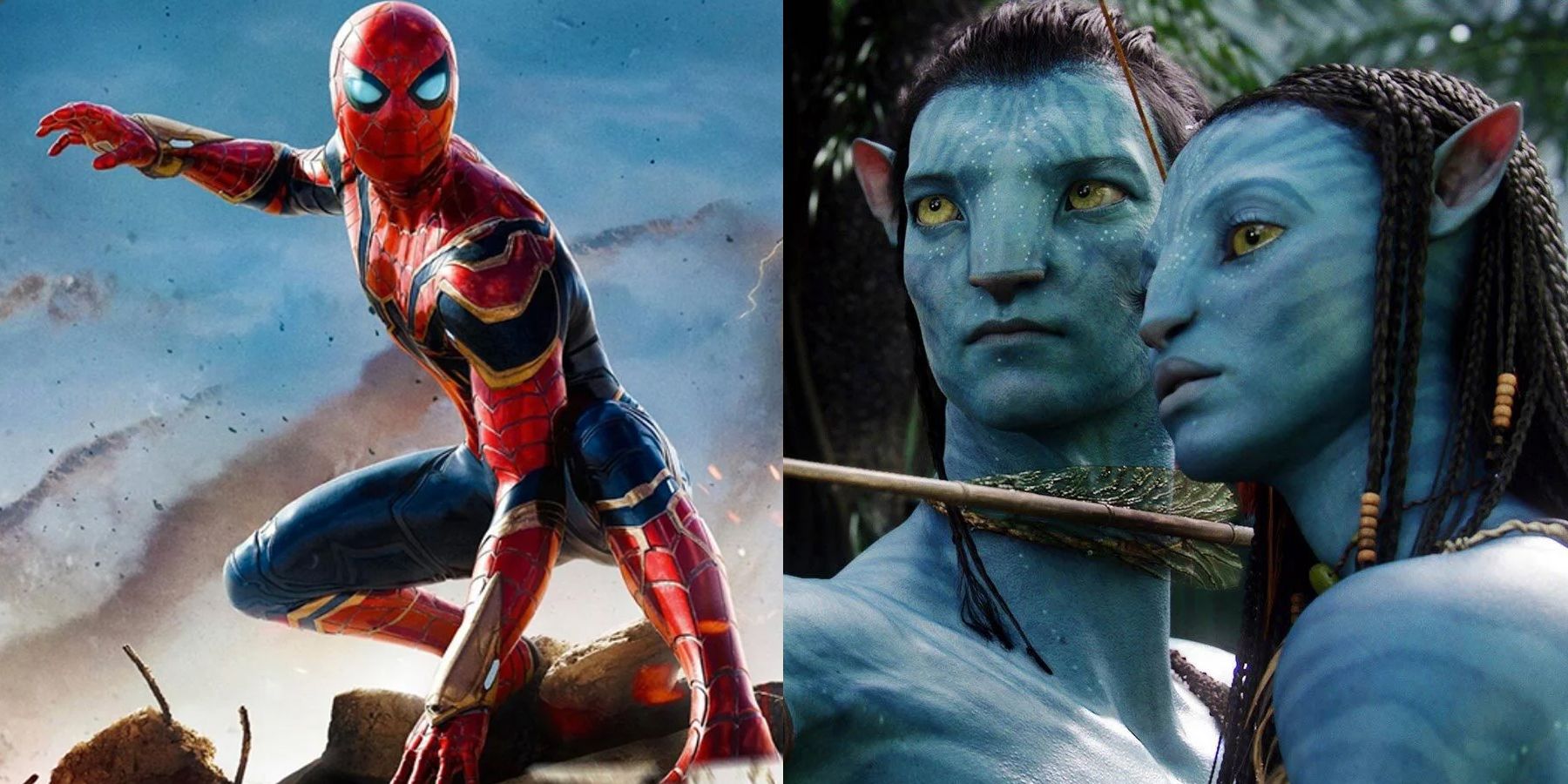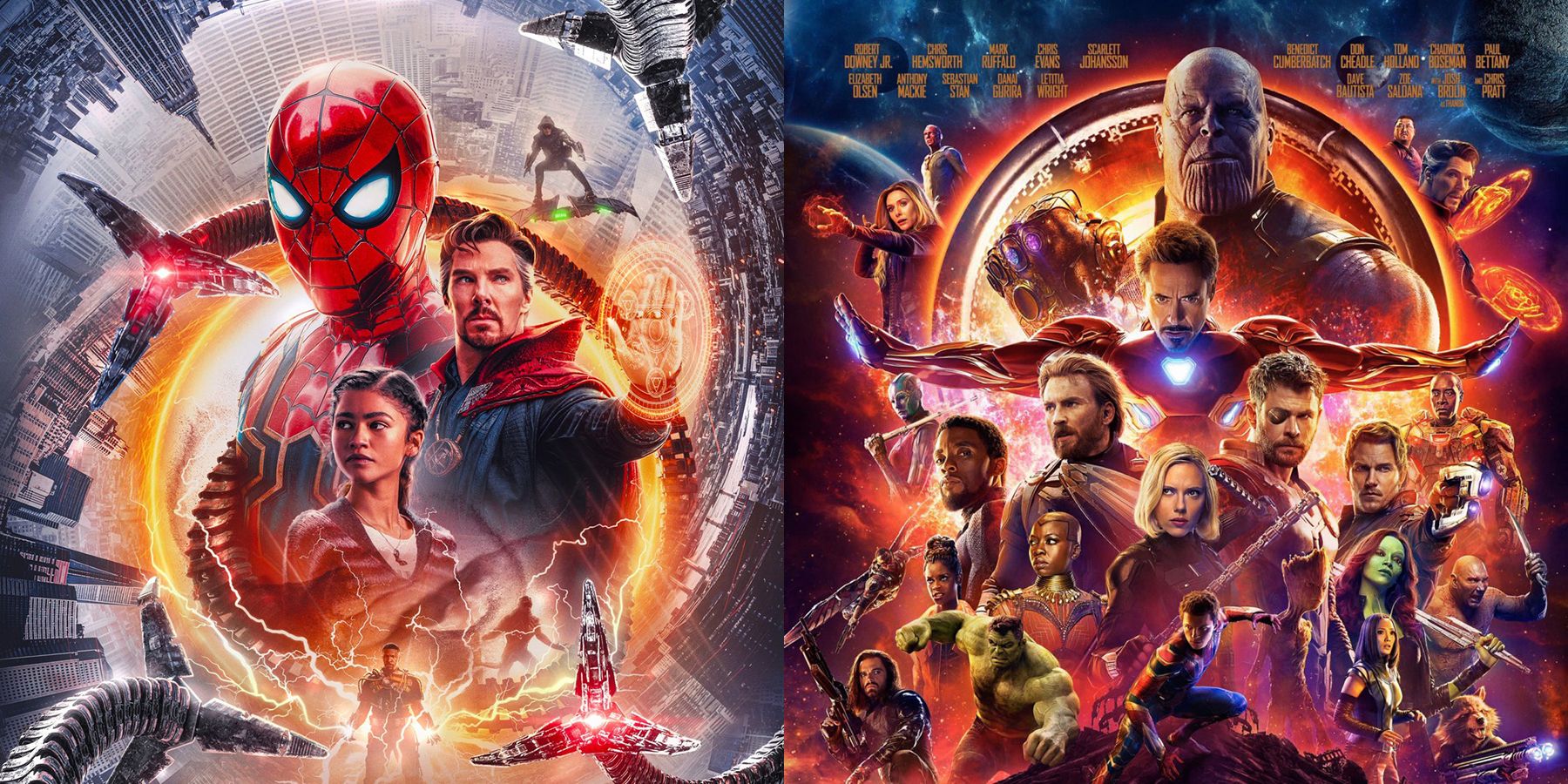Cinema is easily one of the most wide-ranging forms of art. At one time in theaters, there could be a raunchy comedy with an ensemble cast contrasted with a drama starring multiple Oscar-nominated actors right next door. It's partly what makes cinema so cool and exciting. But with that said, with all that variety, it can be difficult to navigate through it all to decide what the Friday night movie night out will be. That's where film critics like Pauline Kael and Roger Ebert come in. Film critics much like Kael and Ebert, were the voices of what was at the cinema and whether something was worthwhile or not. It was and is still a good gauge for audiences to decide how they're going to spend their money at the movie theater.
For the most part, that film criticism has found its way into audiences themselves with resources like IMDB and Rotten Tomatoes having options for audiences to critique cinema for their fellow moviegoers that share the same sensibilities and tastes. But film criticism has seemed to have gone to a much different place compared to the 1970s criticism, especially with the introduction and growth of fandoms. There seems to be much less harsh cinema criticism than the likes of what Kael uttered in the New Yorker and more interest in cult classics, big blockbusters, celebrity filmmakers, and anything else that really gets mass attention. Criticism has gone mainstream and that can be good with much more emphasis on fun movie-going experiences for families and general audiences.
That change in criticism could also have a negative side for cinema though. With more tolerance and love for reboots, sequels, and blockbusters, there is much less need for originality and objectively good filmmaking-especially with cinematic universes making every movie look exactly the same as the last. Studios have seen that all it takes for a billion dollars worldwide is some colorful characters and CGI, and there are the beginnings of the next summer hit. That's why there's always a stream of mediocre movies at the box office that makes a decent amount and then gets lost on streaming services a few months later. Those are the movies that will often have critics and fans exclaiming that it's enjoyable as a 'popcorn movie' or really fun if you 'just turn your brain off'. As long as the audience isn't trying too hard, it's a fun time.
There's nothing inherently wrong with that, but it has filled the box office with some real stinkers that somehow make it to a sequel or are already a sequel. It has created clone after clone and just perpetuates unoriginal filmmaking. It's partly why audiences are seeing a decline in the MCU's quality in the past couple of years. The beginning of the Marvel Cinematic Universe was good with some solid entries in the not-wholly formed MCU. But it got even better when it showed promise and continued to grow with each movie feeling different from the last much like Captain America: The Winter Soldier being much closer to a spy thriller than an assembly line action movie. But after the MCU peaked at the box office with the big finale of its Infinity Saga, Avengers: Endgame, it has fallen off critically.
The critical fall of the MCU somewhat mirrors film criticism and fandoms as a whole in a lot of ways. The beginnings were about just making a good movie and doing the best with what they had at the time. But over time it became about what's cool, fun, and just what's going to give the audience a fun ride at the movie theater. There has been an acceptance of bad movies, especially from fandoms much like in the case of the MCU-with that said, there are many MCU fans out there who have been calling out Disney for the lack of quality of the MCU films as of late. A growing want for fan service of seeing on screen all their favorite things in the comic books. More crossovers, cameos, characters, big epics, and massive stories. But fan service isn't what got franchises started in the first place. It was always an original idea that connected with fans that then turned into more afterward. It has simply become lazy and quite insulting to movie fans.
It is the same with comedies, action movies, horror movies, etc. So much anymore just checks off bullet points and plays it safe. Like mentioned before, much of that is studios wanting to make sure they make that buck. But if it wasn't for the audience and critics alike consistently watching them and giving those movies an excuse as pure entertainment and fun time, the laziness will continue going forward. It is okay to enjoy movies, even bad ones. But when it becomes an excuse for laziness and mediocre hits, it becomes more than something to 'turn your brain off' for.
There still can be massive hits that meet the satisfaction of mass audiences like this past year's hits Nope and Everything, Everywhere, All at Once. Both of those had mass audience appeal, but they went beyond the basics and actually did something beyond the checklist. That's why when movies like that come out, audiences get excited because they are one of the few times in a year audiences can go to the cinema and see something new or fresh. If fandoms and critics could get past the mundane, then the box office may see even more of those movies. But until then, they will stay as that couple times a year experience.


